Maximizing Facebook's Potential for Small Businesses: Navigating Targeting Challenges
In today's digital age, social media has become an integral part of small business marketing strategies, offering unparalleled opportunities for engagement, brand visibility, and customer acquisition. Among the myriad social platforms available, Facebook stands out as a powerhouse, boasting over 2.8 billion monthly active users worldwide.
While Facebook offers small businesses a vast audience to tap into, some challenges persist, particularly in the realm of targeting. In this blog, we'll explore why Facebook is beneficial for small businesses despite its targeting limitations and provide strategies for maximizing its potential.
Understanding the Power of Facebook for Small Businesses:
Facebook's widespread popularity and extensive user base make it an attractive platform for small businesses looking to reach and engage with their target audience. With its diverse range of features, including business pages, advertising tools, and analytics, Facebook offers small businesses a host of benefits, including:
Broad Audience Reach: Facebook's massive user base spans demographics, interests, and geographic locations, allowing small businesses to connect with a diverse audience on a global scale. Whether targeting local customers or expanding into new markets, Facebook provides a platform for reaching potential customers wherever they may be.
Cost-Effective Advertising: Facebook's advertising platform offers small businesses a cost-effective way to promote their products or services to a targeted audience. With options for precise audience targeting and flexible budgeting, Facebook Ads allow small businesses to maximize their marketing dollars and achieve their advertising goals without breaking the bank.
Engagement and Community Building: Facebook fosters engagement and community building by providing tools for sharing content, interacting with followers, and facilitating two-way communication. Small businesses can leverage Facebook to build brand loyalty, foster customer relationships, and cultivate a sense of community among their audience.
Valuable Insights and Analytics: Facebook's analytics tools provide small businesses with valuable insights into their audience demographics, engagement metrics, and content performance. By analyzing this data, small businesses can gain a deeper understanding of their audience preferences, refine their content strategy, and optimize their marketing efforts for better results.
Despite these benefits, Facebook's targeting capabilities have been a point of contention for many small businesses. Let's explore some of the challenges associated with targeting on Facebook and how small businesses can overcome them.
The Challenges of Targeting on Facebook:
While Facebook offers robust targeting options, including demographics, interests, and behaviors, small businesses often encounter challenges when trying to reach their ideal audience. Some common targeting limitations on Facebook include:
Limited Precision: Facebook's targeting options may lack the precision needed to reach highly specific or niche audiences. Small businesses may struggle to define their target audience accurately or find the right combination of targeting criteria to reach them effectively.
Incomplete Data: Facebook's targeting capabilities rely on user-provided data, which may be incomplete or outdated. Small businesses may encounter difficulties in reaching their desired audience if they lack sufficient data to accurately target them.
Ad Fatigue: Over time, Facebook users may become immune to advertising messages, leading to ad fatigue and diminishing returns on ad spend. Small businesses may struggle to maintain audience engagement and relevance, particularly if they rely solely on traditional advertising tactics.
Ad Placement Issues: Facebook's algorithm determines ad placement based on factors like relevance, engagement, and bid amount, which can result in ads being displayed in less-than-ideal locations or contexts. Small businesses may find it challenging to control where their ads appear and ensure they reach the right audience at the right time.
Strategies for Overcoming Targeting Challenges on Facebook:
While targeting limitations on Facebook pose challenges for small businesses, there are strategies they can employ to maximize the platform's potential and achieve their marketing objectives effectively. Here are some tips for overcoming targeting challenges on Facebook:
Define Your Audience Clearly: Start by defining your target audience clearly based on demographics, interests, behaviors, and psychographics. Use market research, customer surveys, and analytics data to gain insights into your audience preferences and characteristics.
Experiment with Different Targeting Options: Explore different targeting options and combinations to refine your audience targeting strategy. Test various demographics, interests, and behaviors to identify the most effective targeting criteria for reaching your ideal audience.
Utilize Custom Audiences: Take advantage of Facebook's custom audience feature to target existing customers, website visitors, or email subscribers. Custom audiences allow you to reach users who have already interacted with your brand, increasing the likelihood of conversion and engagement.
Leverage Lookalike Audiences: Create lookalike audiences based on your existing customer base to expand your reach and target users who share similar characteristics and behaviors. Lookalike audiences can help you reach new prospects who are likely to be interested in your products or services.
Optimize Ad Creative and Messaging: Ensure your ad creative and messaging are compelling, relevant, and tailored to your target audience. Use eye-catching visuals, persuasive copy, and clear calls-to-action to capture audience attention and drive engagement.
Monitor and Adjust Campaign Performance: Regularly monitor the performance of your Facebook campaigns using analytics tools and adjust your targeting strategy based on key metrics such as click-through rate, conversion rate, and return on investment. Continuously optimize your campaigns to maximize effectiveness and achieve better results over time.
Conclusion: While Facebook's targeting capabilities may present challenges for small businesses, the platform's vast audience reach and cost-effective advertising options make it a valuable marketing tool. By understanding the limitations of Facebook targeting and implementing strategies to overcome them, small businesses can harness the platform's potential to reach and engage with their target audience effectively. With a strategic approach, compelling content, and ongoing optimization, small businesses can leverage Facebook to achieve their marketing objectives and drive sustainable growth and success in today's competitive digital landscape.
